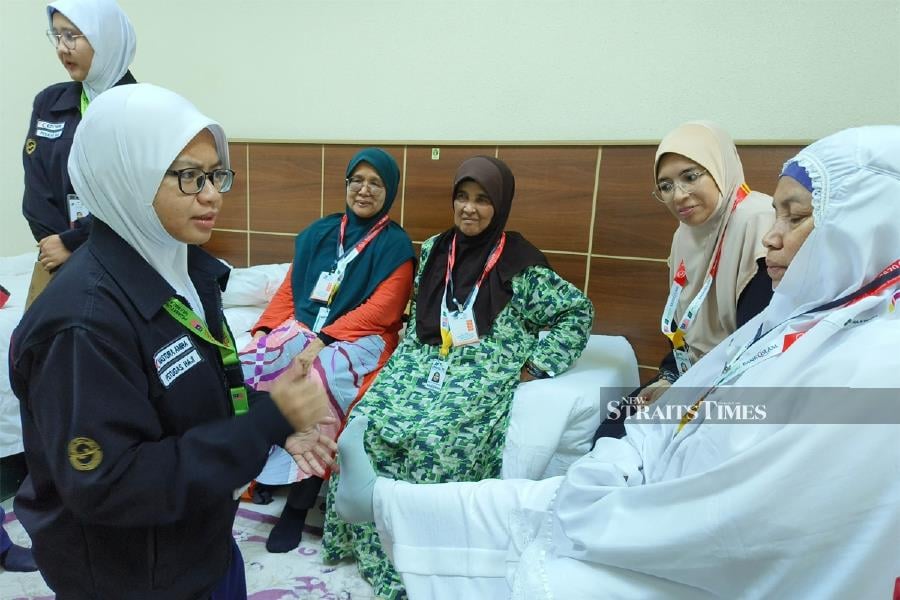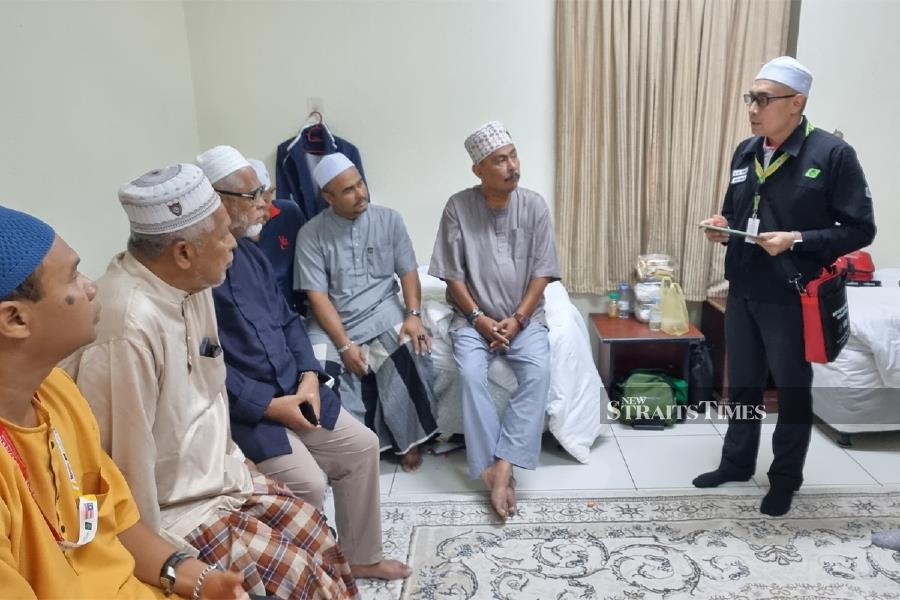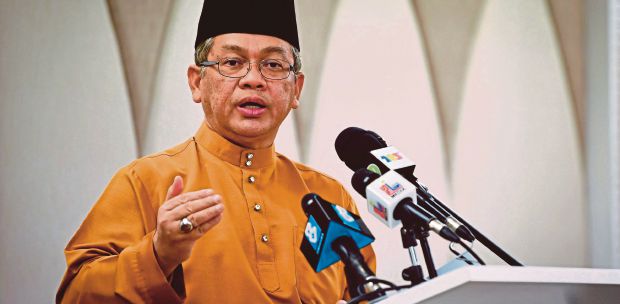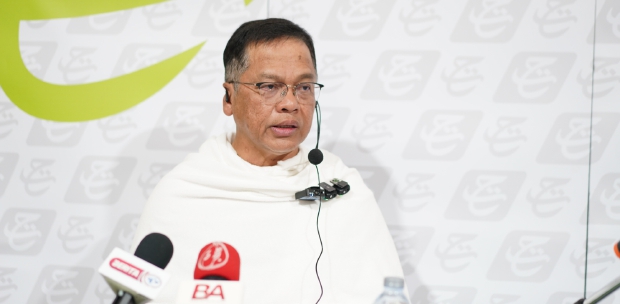MAKKAH: Malaysian pilgrims for the 1445H/2024M haj season will no longer need to worry about getting physiotherapy services, thanks to improvements made by Lembaga Tabung Haji (TH) to its room-to-room Ziarah Rahmah Programme.
TH coordinator of operations (Public Health Unit) Dr Asraf Ahmad Qamruddin said this season's Ziarah Rahmah Programme will include physiotherapy experts who will share tips, advice, and guidance with haj pilgrims to help them stay fit and healthy during their pilgrimage.
The improvement made to the Ziarah Rahmah Programme, said Dr Asraf, is among the ongoing efforts by TH to provide the best healthcare services for haj pilgrims.
"The Ziarah Rahmah Programme, introduced a few years ago, involves room-to-room visits to check on the health of pilgrims.
"This helps in the early detection of health problems to prevent them from becoming more serious. Usually, during the pilgrimage, pilgrims need to travel farther than they typically do in Malaysia.
"To prepare them for this, we will share exercises that need to be done to ensure the haj pilgrims stay fit. If anyone experiences joint or muscle issues, we can detect them early," he told reporters.
Malaysia is the only country with such a programme in place, aimed at offering the best health services by performing checks, providing information and delivering health education directly to haj pilgrims.

"If pilgrims have any questions about their health, they can ask the medical officers during the visits. This is important because, during group health education sessions, pilgrims might not have the opportunity to ask about their health concerns," he said.
In addition, Dr Asraf said his team can identify pilgrims who have symptoms or health issues and advise them to visit the clinic. This is important to ensure the health of the pilgrims is maintained.
As of press time, Dr Asraf and his team have already visited 500 rooms with 800 pilgrims in Makkah and Medina.
Usually, the main issue faced by pilgrims is the need to stay hydrated. Despite reminders, some pilgrims are still unclear about how much water they should consume, while others are afraid that drinking too much water will lead to frequent trips to the restroom.
"Additionally, there are other issues such as joint and muscle problems when walking to the mosque, as well as concerns about continuing their medication during their pilgrimage," he said.
Nevertheless, Dr. Asraf said TH, along with his team in the public health unit, is committed to providing the best services to haj pilgrims to ensure that their pilgrimage journey proceeds smoothly.
"My team will provide advice to pilgrims, including information on weather conditions, how to stay hydrated, how to prevent heat exhaustion," he said.





